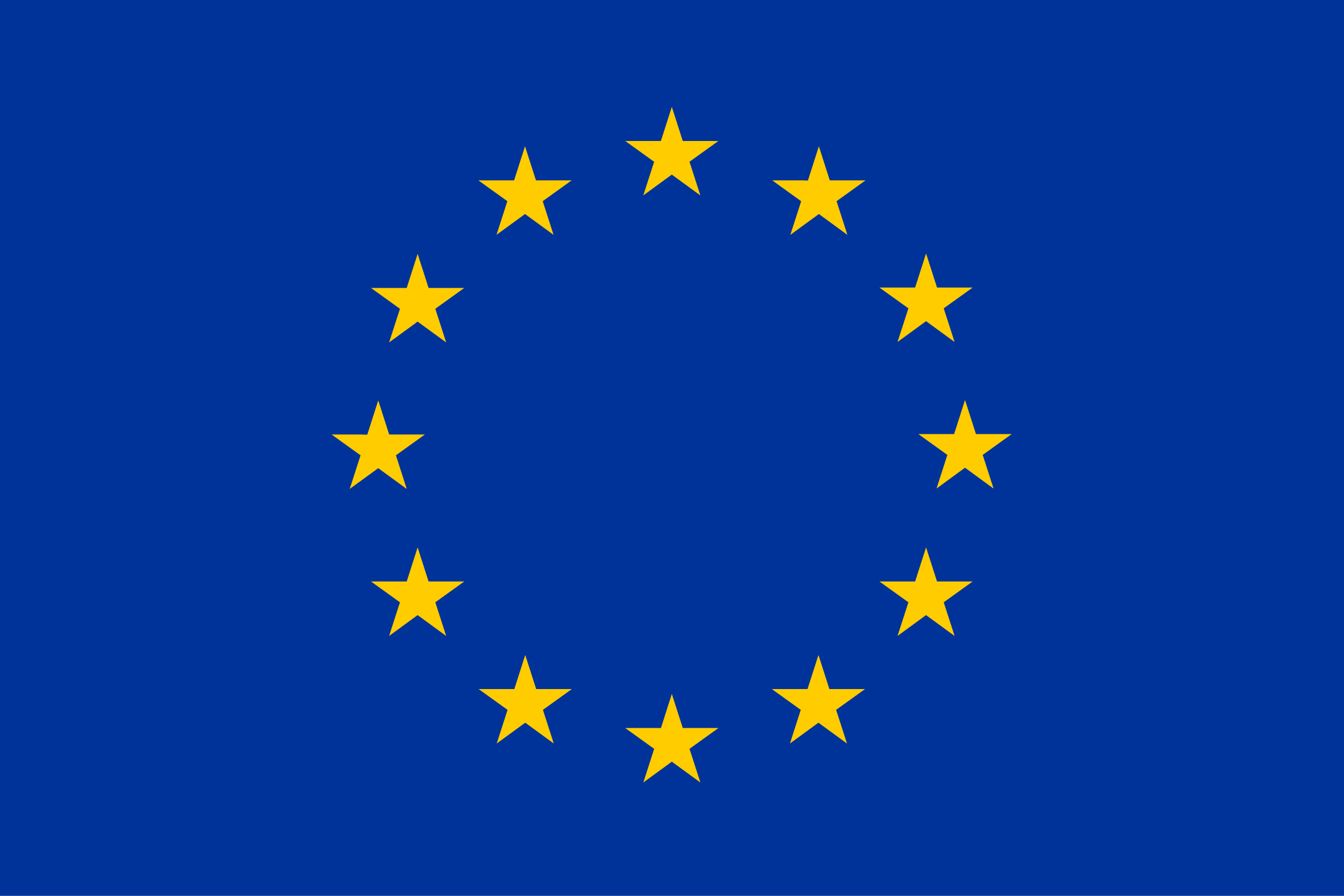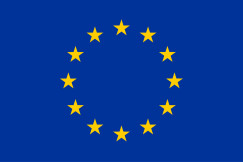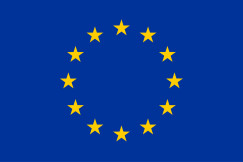Legislation
27 March 2025
Water Reuse Regulation
Legislation
27 March 2025
1. Healthy, balanced and sustainable diets for all European consumers
2. Prevention and reduction of food loss and waste
3. A climate - neutral food chain in Europe by 2050
+4 more
Login / create an account to be able to react
-
10

Regulation (EU) 2020/741 on minimum requirements for water reuse lays down minimum requirements for water quality and monitoring and provisions on risk management, for the safe use of reclaimed water in the context of integrated water management.
It sets out harmonised parameters to guarantee the safety of water reuse in agricultural irrigation, with the aim of encouraging this practice and helping to address droughts and water stress.
Editorial team
European Commission - DG ENV
Topics
EU-27
EU Institutions
-
CoC aspirational objectives
-
-
1. Healthy, balanced and sustainable diets for all European consumers
-
2. Prevention and reduction of food loss and waste
-
3. A climate - neutral food chain in Europe by 2050
-
4. An optimised circular and resource-efficient food chain in Europe
-
5. Sustained, inclusive and sustainable economic growth, employment and decent work for all
-
6. Sustainable value creation in the European food supply chain through partnership
-
7. Sustainable sourcing in food supply chains
-
Share
Wastewater offers an effective alternative water supply. As several EU countries increasingly experience droughts, reusing water from urban wastewater treatment plants can help address water scarcity by ensuring a safe and reliable source of water. This process reduces the pressure on existing water bodies and enhances the EU's capacity to adapt to climate change.
Regulation (EU) 2020/741 on minimum requirements for water reuse sets out essential standards for water quality and monitoring along with rules on risk management, for the safe use of reclaimed water for agricultural irrigation in the context of integrated water management.
The regulation is applicable whenever treated urban wastewater is repurposed for agricultural purposes.
An EU Member State can decide not to reuse water for agricultural irrigation in specific river basin districts or sections based on certain criteria, such as:
the geographic and climatic conditions of the area;
the pressures on and the status of other water resources;
the pressures on and the status of the surface water bodies in which treated urban waste water is discharged;
the environmental and resource costs of reclaimed water and of other water resources.
Such a decision must be justified and regularly reviewed to take into account changing circumstances.
The reclamation facility operator must ensure that reclaimed water intended for agricultural irrigation meets:
- the minimum water quality requirements, covering microbiological elements and monitoring requirements for routine and validation checks;
- any additional conditions concerning water quality set by the relevant authority.
The relevant national authority must ensure that a water-reuse risk management plan to produce, supply and use reclaimed water is drawn up.
The European Commission, in consultation with Member States and stakeholders, has prepared guidelines to help apply the Water Reuse Regulation.
Related regulations:
- Regulation (EU) 2020/741 on minimum requirements for water reuse
Communication COM(2015) 614 final – Closing the loop – An EU action plan for the Circular Economy
Communication COM(2012) 673 final – A Blueprint to Safeguard Europe’s Water Resources
Comments (0)
See also
-
5
Nutrition and Health Claims
- Categories
- 2. Prevention and reduction of food loss and waste 3. A climate - neutral food chain in Europe by 2050 4. An optimised circular and resource-efficient food chain in Europe +3 more
-
17
Regulation on aid compatible with the internal markets
- Categories
- 2. Prevention and reduction of food loss and waste 3. A climate - neutral food chain in Europe by 2050 4. An optimised circular and resource-efficient food chain in Europe +3 more
-
5
Barriers to trade
- Categories
- 2. Prevention and reduction of food loss and waste 3. A climate - neutral food chain in Europe by 2050 4. An optimised circular and resource-efficient food chain in Europe +3 more




